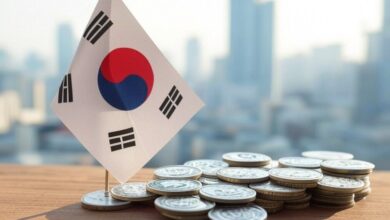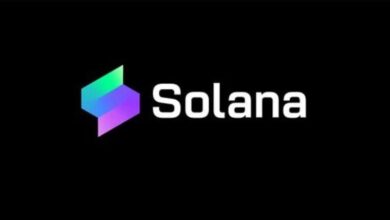Volvo produces first cars with recycled cobalt mapped on Blockchain

Volvo Cars, owned by China’s Geely [GEELY.UL], has produced the first cars containing recycled cobalt mapped using a blockchain, and has joined a separate project to monitor cobalt from Democratic Republic of Congo, Volvo said.
Volvo said it had completed the first blockchain, using recycled cobalt in China. “It tracked cobalt from a Chinese recycling plant to Volvo Cars Zhejiang over a two-month period to June 27,” Volvo said, adding its aim was “full transparency and traceability”.
The blockchain has been developed by British blockchain specialist Circulor using technology from U.S. company Oracle (ORCL.N) and is expected to be rolled out widely this year. Volvo declined to comment on the next steps.
Volvo also confirmed it was joining fellow automaker Ford (F.N), technology giant IBM (IBM.N), South Korean cathode maker LG Chem (051910.KS) and China’s Huayou Cobalt (603799.SS) in a project overseen by responsible-sourcing group RCS Global.
In an email, RCS Global said it was pleased Volvo was joining its efforts to achieve “quantifiable and continuous” improvement of supply chains.
Among battery minerals, cobalt is particularly challenging because around two thirds of all supplies are from Democratic Republic of Congo, where governance challenges are extreme.
Glencore (GLEN.L), a producer of industrial-scale cobalt in Congo, has this year faced a series of problems, including an incursion of artisanal miners on its concession.
Those involved in tracking minerals say blockchain alone is not the answer. But they are testing how entering data from each stage of a mineral’s journey into a blockchain can improve accountability and even fend off disputes between, say, transportation companies and those using them.
“No technology can completely replace due diligence. What it will do is improve enforcement of standards by highlighting when things are not working as intended,” Doug Johnson-Poensgen, CEO of Circulor, told Reuters.
Oracle has provided technology for blockchain projects aimed at anything from certifying the origin of olive oil to reducing costs by streamlining cross-border banking payments.
Apart from its work on cobalt, IBM has cooperated with retailers including Walmart (WMT.N) to trace food through supply chains.





